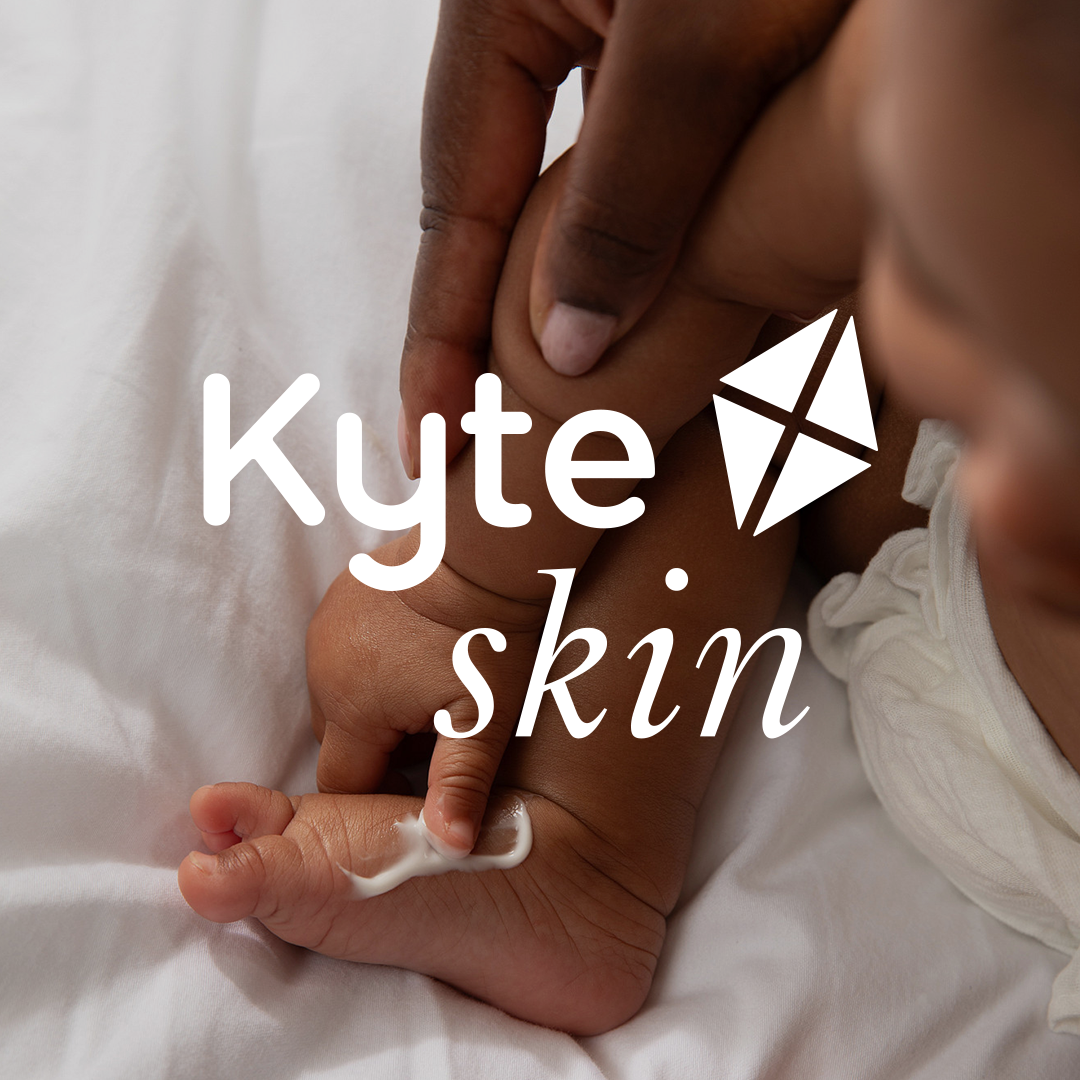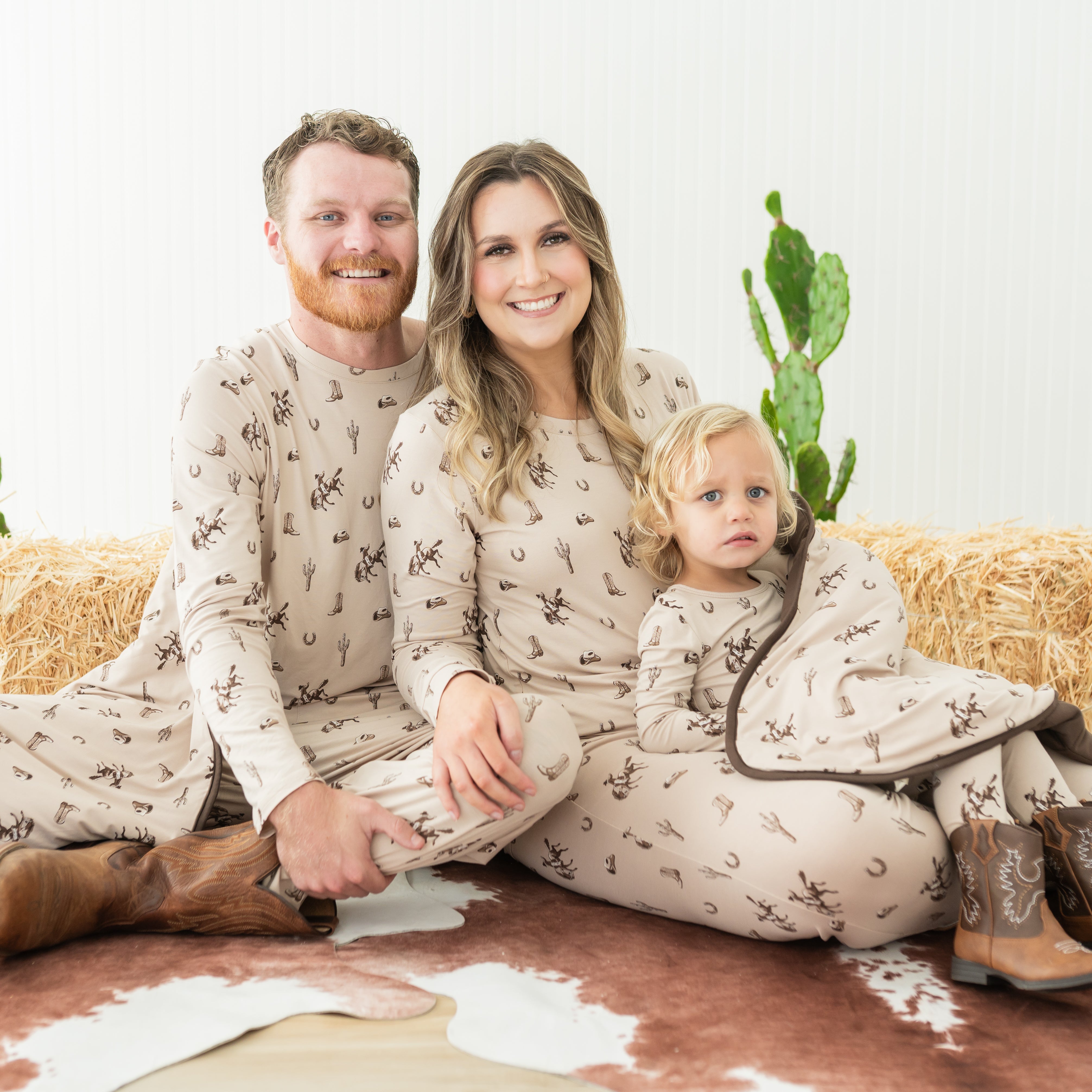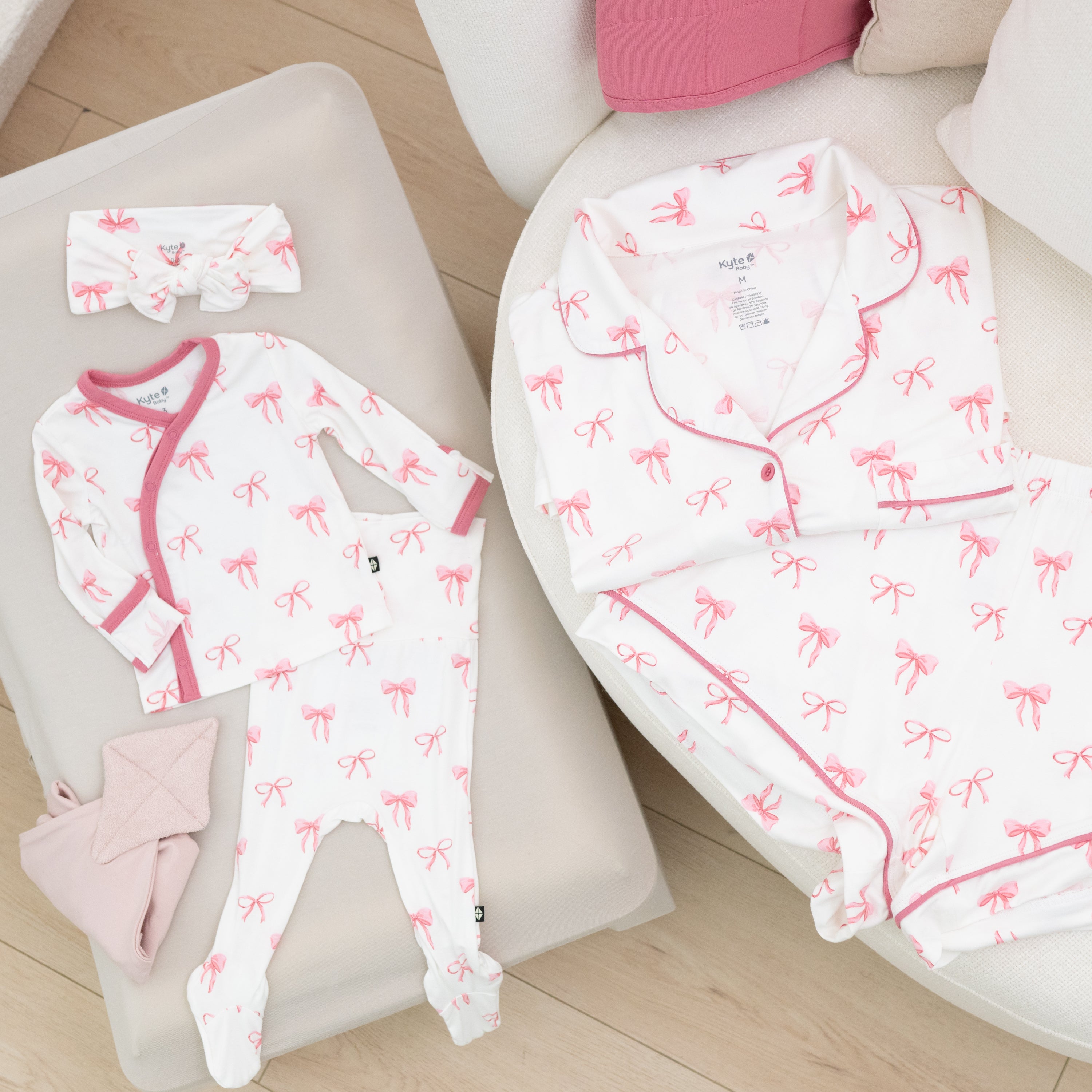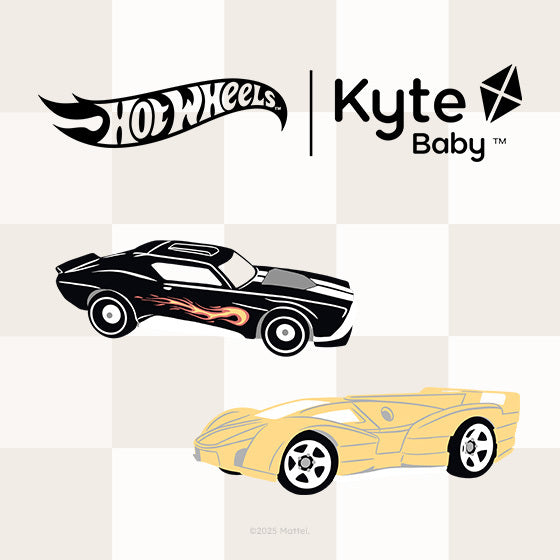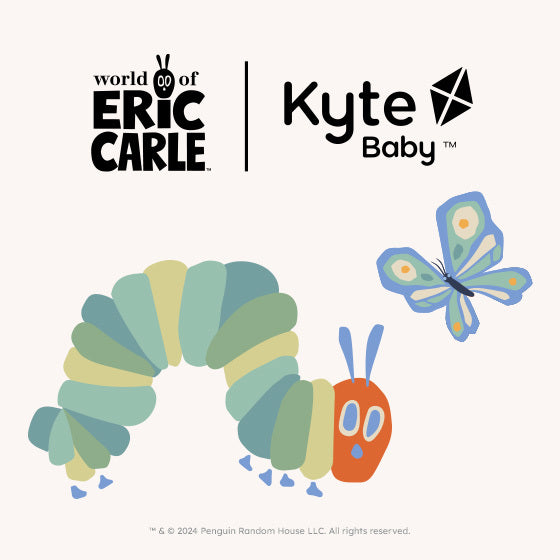Every August is National Breastfeeding Month in the United States, and with all the challenges that come with breastfeeding, it’s no wonder that there’s an entire month dedicated to recognizing the wonderful feat. Although breastfeeding might be seen as something that is easy because it’s natural, the reality is that it is often the exact opposite.
It’s very common for new parents to find breastfeeding uncomfortable or painful in the beginning, and it’s one of the biggest reasons that many call it quits early on. After all, breastfeeding your baby can leave you feeling physically and emotionally spent, especially if you’re finding it difficult to get the hang of.
10 Tips to Make Nursing More Comfortable
There’s no question that breastfeeding your baby has wonderful benefits: to name a few, it can help protect your baby against some short and long-term illnesses and diseases, it reduces the risk of Sudden Infant Death Syndrome (SIDS), and it also lowers your risk of certain cancers, high blood pressure, and Type 2 diabetes. Breastfeeding is often the hardest in the first few weeks before getting easier, but there are steps you can take to make it more comfortable and help you reach your breastfeeding goals.
1. Educate Yourself on All Things Breastfeeding
In a perfect world, your infant would latch the second you hold them in your arms. In reality, nursing your baby for the first time feels awkward at best and painful at worst. One of the most helpful things you can do to ensure that you meet your breastfeeding goals is to educate yourself.
The first few weeks with your little one are vital for establishing a good breastmilk supply, and educating yourself on realistic expectations, what’s normal, and what’s not can set you up for success. While there’s plenty of free information online, taking a breastfeeding course can also help you feel more comfortable and confident.
2. Do Skin-to-Skin for Bonding
There’s a reason that your unclothed baby is placed on your bare chest immediately after delivery. Also known as skin-to-skin care, this is a practice that is done regardless of whether you have had a vaginal birth or C-section, and regardless of if you plan to breastfeed or not.
Skin-to-skin is a powerful tool that helps you bond with your baby, but also helps regulate your little one’s breathing, heart rate, blood sugar level and temperature. It’s great for both parent and baby, but it’s also one of the most effective methods for promoting exclusive breastfeeding. Immediate skin-to-skin after birth for a minimum of one hour stimulates a part of your newborn’s brain to begin feeding. Skin-to-skin contact also stimulates your body to release prolactin and oxytocin (the love hormone), which help with milk production.
3. Call a Lactation Consultant
Sometimes, despite your best efforts, the best thing to do when you’re struggling is to call in the pros. A lactation consultant is a certified health professional who specializes in breastfeeding issues. Although the decision whether or not to breastfeed is a personal one, many people choose to stop breastfeeding because of common issues that lactation consultants can help with.
Consulting with an IBCLC can help you with painful nipples, milk supply, breastfeeding positions, and other problems that plague breastfeeding parents. Breastfeeding is no easy task, and every baby is different. Parents who have already successfully breastfed one baby may still encounter new problems and have an entirely different experience with their second baby.
4. Soothe Sore Nipples with Creams
After you deliver your baby, your breasts and nipples go through a lot. When your milk comes in, your breasts will be painfully engorged, and before breastfeeding is well-established, your nipples may be very sore and cracked. The nipples are a sensitive part of the body, and because it takes some time to get used to a vigorously-nursing baby, the irritated skin can cause you pain and discomfort.
Liberally applying lanolin, which soothes the skin and doesn’t need to be removed before nursing, can help ease the dryness and promote healing. Breast shells can help air circulate and protect your healing nipples from brushing against your clothing.
5. Take Care of Yourself
When you’re a new parent, it’s easy to forget about yourself when caring for another person 24/7. Breastfeeding requires a few hundred extra calories and extra fluid intake (you’d be shocked at how thirsty you get!), so don’t forget to stay hydrated and eat proper, nutritious meals. In addition to taking care of your physical needs, take care to address your emotional needs as well.
Parenting a newborn is joyful, but it’s also stressful. Newborns require round-the-clock care and it often feels as though they are constantly attached to the breast. If you don’t have a strong support system with family or friends, you may want to consider joining a breastfeeding support group for helpful advice and support.
6. Wear Comfortable Clothing That’s Nursing Friendly
There’s no rule that says you have to wear nursing-friendly clothing, but you’ll soon realize why so many do. When your baby is crying from hunger, you want clothing that allows you to access the breast as quickly as possible. This soft, stretchy nursing bra features a clip down design that makes nursing easy at home or on-the-go.
For night feeds, you may prefer a pull-aside bralette that doesn't require you to fumble with clips when you're half asleep. Wearing reusable nursing pads made from a soft, absorbent material like bamboo can eliminate leakage and make you feel comfortable and confident throughout your breastfeeding journey.
This stretchy V-neck is cut in a relaxed fit that makes it the perfect nursing shirt. There’s no need to deal with invisible zippers and secret double layers, especially if you live in a warm climate. The soft, breathable bamboo fabric is soothing and cooling on the skin, and pairs perfectly with every outfit.
If you’re the kind of person who basically lives in a robe, this lounge robe does the job perfectly, too. The best part? It’s so comfortable and silky, just wearing it feels like a form of self-care—something every new parent could use more of.

7. Use a Nursing Pillow
When you’re spending most of the day and night breastfeeding your infant, your arms get tired quickly. Although you can use any comfortable pillow to prop your arm and baby up, a nursing pillow is designed to fit the curvature of your body, making it easier to use. A firm nursing pillow with a belt can also be especially helpful after a C-section because it prevents your baby from rolling against your abdomen and irritating the incision site.
8. Experiment with Different Nursing Holds
There are many different ways to position yourself and your baby while breastfeeding, and it’s important to figure out what works best for you. If you’re struggling with the cradle hold, you might find the side-lying position or the football hold more comfortable. There’s no one-size-fits-all when it comes to nursing, so experiment with different positions to find the one that’s right for you and your little one.
9. Make a Nursing or Pumping Station
There’s nothing worse than nursing your baby on the couch when you’re home alone and suddenly feeling super thirsty. Your water bottle is all the way across the room, and there’s no way you can move from your position, so you just have to wait it out and distract yourself from the nagging thirst.
The solution to encountering this problem again is to create a portable nursing and/or pumping station that has everything you need in arm’s reach. You can use a rolling utility cart and stock it with nursing pads, nipple cream, snacks, water bottles, burp cloths, hair ties, and anything else you might want.
10. Let Go of Pressure, Guilt, and Shame.
Everyone’s breastfeeding journey looks different. Whether you exclusively nurse, exclusively pump, or combo feed with formula, you are doing the best you can, and that is enough. Like everything else in parenthood, the decision to breastfeed or formula feed seems to invite the opinions of others, which can increase feelings of pressure and guilt for parents.
Your choice whether or not to breastfeed, as well as your decisions on how to breastfeed, should be made without the opinions of others. Let go of those negative feelings and know that you are doing a great job. Whether your breastfeeding journey ends at one week, a few months, a year, or beyond, you should celebrate your accomplishments and feel proud of yourself.

